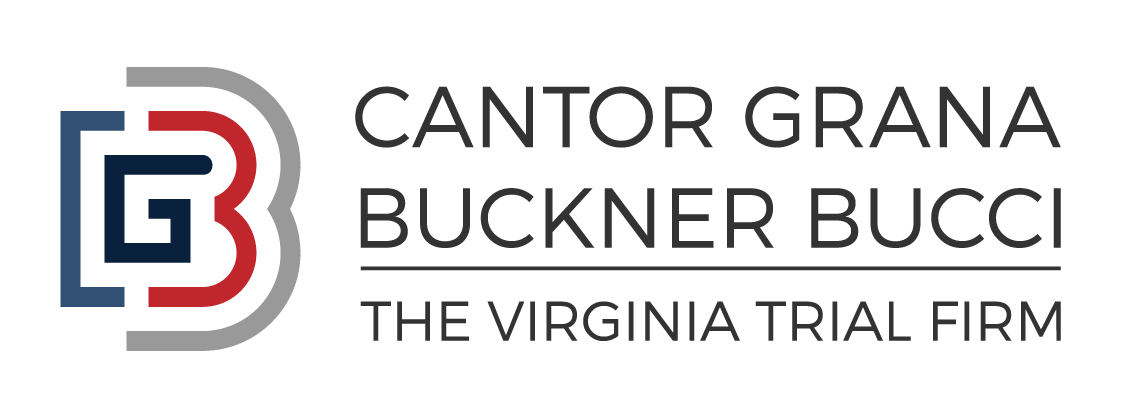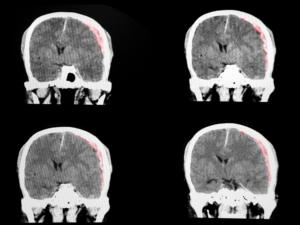An often-unpursued potential treasure trove of information in premises liability cases is the discovery of post-accident statements of store employees taken by claims adjusters. This includes not only written statements of the witnesses but also claims notes referencing statements that are created by an adjuster who interviews an employee. Adjusters typically try to speak with store employees within the first week of the accident – and it is then that the real story of what happened is recorded. Most of these conversations occur over the phone when the adjuster is out of state, and the employee is on the clock and just wants to quickly say what he knows and get back to work. Defense lawyers are not involved and memories are still fresh, and the unvarnished truth is recorded – as opposed to what the witness claims he doesn’t recall months or years later in a deposition. Indeed, the Fourth Circuit has observed that statements were taken soon after the accident are “unique catalysts in the search for truth.”
The defense will almost always claim that the statements or notes are work product. A plaintiff’s lawyer will usually have to file a motion to compel to obtain the statements. A lawyer should always insist on a detailed privilege log that identifies the names of the employees interviewed and when they were interviewed. This way you can show the judge exactly what you are asking to be produced.
The first argument is that the claims notes are not work product. Materials generated in anticipation of litigation are work product, but they must be created “because of” a concern of litigation. Materials that are created as part of the general investigation into an accident are not work product. Factors to consider are the severity of the injuries, whether the claimant has threatened litigation, or requested compensation (e.g., “I want my medical bills paid.”) Opinions from across the Commonwealth are all over the map on this issue. Some judges take the position that anything created after an accident is work product, others say nothing is until lawyers are involved.
Further, the burden is on the party asserting the work product rule to prove its applicability. Rarely will defense counsel call the adjuster to testify, and occasionally they will offer an affidavit. An objection should be made if defense counsel simply starts arguing that the statement (or claims note reflecting a statement) is work product. Without evidence as to why the statement was taken, it cannot be established that it was “because of” a concern of litigation.
Even if the statements are work product, they still discoverable upon a showing of “substantial need,” and the plaintiff cannot obtain the substantial equivalent by independent means. Employees who claim they can’t remember the details of the accident months or years later in a deposition will almost always agree that their memories were better in the days after the accident when they spoke with an adjuster. Further, an injured plaintiff is usually in no position to conduct an investigation in the days after an event as an adjuster is. The plaintiff needs the statements because the employees lack a good memory, and the plaintiff could not have obtained the substantial equivalent by conducting his own investigation in the days after the accident.
If your efforts to secure employee statements fail due to work product, turn that to your advantage. If the defendant claims work product for everything that happened after the incident, then that means they had a duty to preserve other discoverable evidence immediately after the incident, too, like videos of the incident. Turn their claim of work product against them if they claim they did not retain certain evidence post-incident via a motion to compel and/or spoliation motion and if possible, consider noticing it for the same hearing – it is tough for the defense to argue that they should have it both ways.
The trial lawyer for the plaintiff in the premises case must always push the issue on obtaining post-accident statements. When they are produced, they will almost always contain additional information that the employee claims he cannot remember at a deposition.





